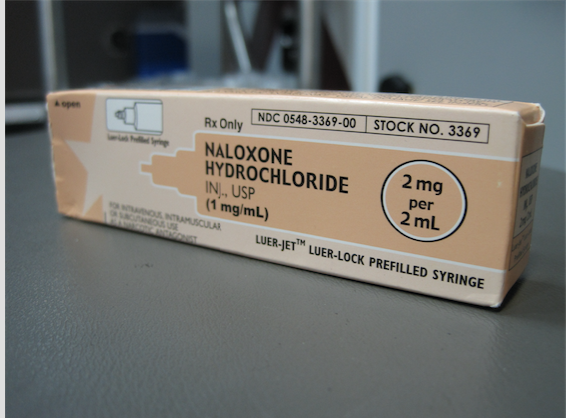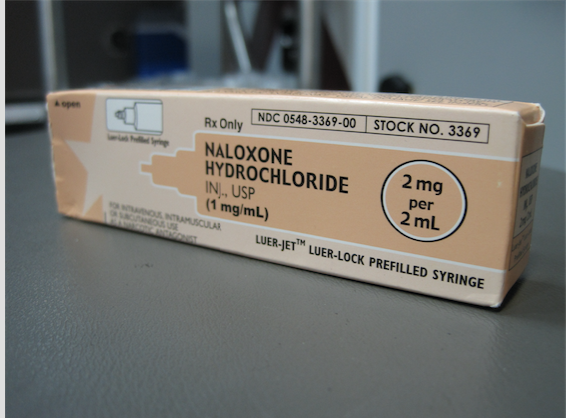
Rollins Campus Safety began training officers on the administration of the lifesaving medication Narcan in the event of opioid overdoses. Previously, officers would have to wait for a Winter Park Fire-Rescue Department (WPFD) medic to arrive on the scene before the drug could be administered to an afflicted student.
Narcan, generically known as naloxone, is a competitive opioid receptor antagonist, which essentially reverses the effects an opioid has on the central nervous system and respiratory system.
The decision to train Campus Safety officers to administer this drug was made in part by Campus Safety, the Wellness Center, the Office of the President, and WPFD. It was described by officials as a proactive change that will help keep Rollins students safe if the campus is affected by the nationwide opioid epidemic.
Campus Safety officers will continue to receive training on intranasal administration from the WPFD twice a year. According to Director of Campus Safety Ken Miller, the cost of this new program (both of the training and the Narcan itself) pales in comparison to the thought of a preventable death occurring on campus due to a Fire Department wait time in a situation where every second counts.
Additionally, there are no adverse side effects or allergies to the drug if an overdose is accidentally misdiagnosed.
This reflects a growing trend of officials taking action to combat the opioid epidemic, which claims the lives of tens of thousands of Americans every year.
As of 2016, over 20 colleges have trained campus officers on the administration of Narcan, a number that has only increased.
Starting with New Mexico in 2001, all states have passed legislation to increase layperson access to Narcan. All but ten have passed good samaritan immunity laws to those who administer the lifesaving treatment, including Florida.
Though certainly present on campus, opioid use is rarely discussed. “I honestly didn’t know that opioid usage was that big on campus, but I totally agree that more training as a whole for campus safety is super important,” said Mica Castro ‘19.
The Wellness Center has a full-time substance abuse specialist on staff to support any member of the campus community facing addiction.
Student prescription opioid use has risen dramatically in recent decades. Between 1993 and 2005, the use of prescription opioids such as Vicodin, Oxycontin, and Percocet increased by 343 percent. Nearly half of all opioid deaths involve a prescription opioid obtained legally at a pharmacy.
Outside of obtaining prescriptions, 50 percent of college students across the country are offered prescription opioids for nonmedical use by the end of their sophomore year. Since 1991, prescription opioid deaths among students have more than tripled. While the highest risk group for opioid deaths are those age 25 and older, overdose deaths for those 24 and under have nearly doubled since 2005.
In May, Florida Governor Rick Scott declared a public health emergency over opioid abuse. He has proposed a strict three-day limit on opioid prescriptions, as well as mandatory reporting by physicians to the state’s prescription database (which is currently used by less than a quarter of Floridian physicians). According to the Center for Disease Control, legislation preventing over-prescription and increasing the availability of Narcan are the best ways to curb this crisis afflicting the United States.







Be First to Comment